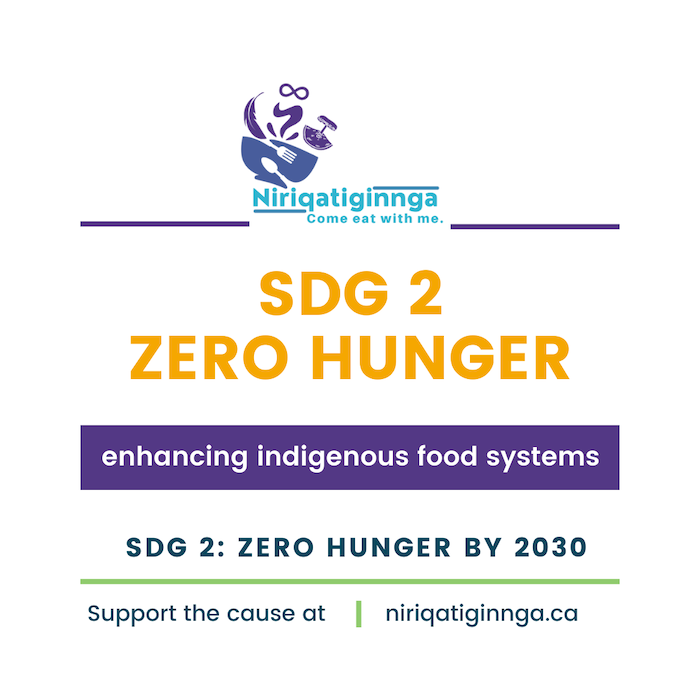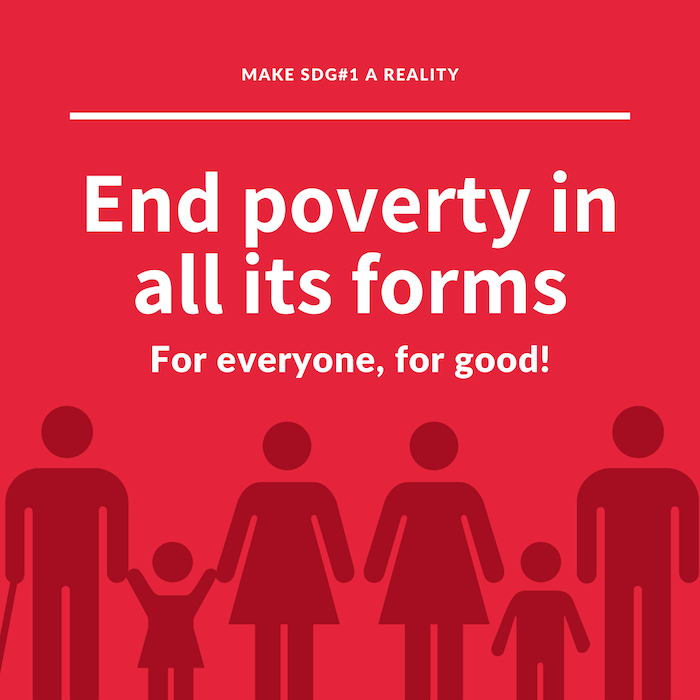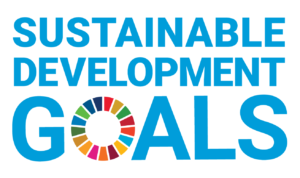We’re having a great experience supporting the design of a new project this year. It’s a food security program called Niriqatiginnga, which means “come eat with me” in Inuktitut. It will be with post-secondary Inuit, Métis and First Nations artists and cultural entrepreneurs from northern and southern Canada. Most of the project’s activities takes place in the St. Boniface and St. James areas of urban Winnipeg, Manitoba but will also include regional and international cooperation.
We’ve always believed multidimensional problems require multidimensional solutions. One aspect of this new program stands out prominently: cultural entrepreneurship. Many of our projects with @1860 Winnipeg Arts the last three years have not only championed the arts and opportunities for economic growth, they were all designed to advance a profound goal—economic reconciliation.
In today’s article, we’ll take a look into the concept of cultural entrepreneurship within the context of the Niriqatiginnga initiative and explore how the project paves the way for economic reconciliation with the agri-food and northern supply chain sectors.
Cultural and Climate Entrepreneurship as a Catalyst for Reconciliation
Canada’s Arctic and Northern Policy Framework states that if there is a single argument for a collaborative approach to a shared Arctic and northern future, it is the shared and complex challenges posed by climate change.
A strong economy contributes to the resilience of Arctic and northern communities and sustainable growth that benefits all Canadians. However, northern economic development is challenged by higher operating costs for businesses due to the region’s small and dispersed population, sparse infrastructure and higher energy and connectivity costs.
Limited access to formal or higher education, a barrier to local participation in the workforce, especially amongst Indigenous peoples, highlights the need for policies which aim to foster increased mobility as a means of supporting education and employment paths.
The response of all partners to this challenge must be no less transformative in scale, scope or duration. In forging new partnerships, the framework will help address the massive implications of climate change for individuals, communities, businesses and governments alike, and ensure a more sustainable future for northerners.
Cultural Entrepreneurship Defined
Cultural entrepreneurship is the practice of blending traditional cultural elements, such as art, heritage, and culinary traditions, with entrepreneurial pursuits. It’s about leveraging the unique aspects of one’s culture to create economic opportunities. In the case of Niriqatiginnga, cultural entrepreneurship forms a critical pillar of the project’s framework.
Economic reconciliation is a profound aspiration, especially in the context of Indigenous and northern communities. Economic reconciliation seeks to bridge the economic disparities that have persisted for generations, ensuring that our communities can fully participate in and benefit from economic activities.
So, how can cultural and climate entrepreneurship contribute to economic reconciliation? Here are some key points:
- Preservation of Cultural Heritage: Cultural entrepreneurship is not about diluting traditions for profit; it’s about celebrating, incorporating and preserving them. By incorporating cultural elements into business ventures, communities are better able to keep their heritage alive, and to pass it on to the next generation.
- Diversification of Income Streams: Relying solely on traditional economic activities like the arts may not always be sustainable. A focus on cultural entrepreneurship introduces new revenue streams, reducing dependency on a single industry.
- Fostering Local Talent: The arts and cultural entrepreneurship sectors encourage the development of local talent and skills. By nurturing aspiring artists, chefs, and culture sector workers, people and communities can better showcase their unique offerings and talents to a broader audience.
- Community Empowerment: This project is based on past research that tells us Indigenous youth are stronger and healthier and more able to carve out successful futures when they are connected to their history, culture and community. When individuals and communities are in control of their economic destinies, they gain a sense of empowerment and autonomy. Cultural entrepreneurship allows people to shape their economic futures.
- Cross-Cultural Exchange: Building good relationships, especially after the last few years of the pandemic, are going to be increasingly important. Cultural entrepreneurship involves engaging with wider markets, facilitating cultural exchange and understanding, which can lead to increased economic opportunities.
Niriqatiginnga as a Cultural and Creative Entrepreneurship Initiative
Niriqatiginnga’s focus on using the arts and cultural entrepreneurship to help address the challenges of northern food security will see many new activities. One of the activities we are planning for fall and winter 2023 is “The Art of Canning for Cultural Entrepreneurship.” This experimental, pilot program will introduce urban Indigenous Winnipeg artists and northern community members here in the city to the art of canning and food preservation, merging tradition with entrepreneurship.
Nurturing initiatives like Niriqatiginnga, and fostering an environment where everyone has something to learn and everyone has something to teach, we believe a food sector and cultural entrepreneurship project like this can thrive. Our goal is to ensure Niriqatiginnga contributes to economic reconciliation, allowing Indigenous, urban and northern communities to participate fully in the economic landscape while celebrating our rich, collective heritage and cultures.
We also recognize the importance of youth support for sustainable northern development. The project encourages the adoption and advancement of the United Nations Sustainable Development Goals. For Niriqatiginnga, our commitments are to: End hunger, achieve food security through improved nutrition and to promote sustainable participation in the agriculture and agri-food sectors.
Our project is also working to ensure inclusive and equitable quality education and the promotion of lifelong learning opportunities for all, especially aspiring cultural connectors, emerging artists and food sector entrepreneurs from northern communities. As a community entrepreneurship project, we strive to encourage a mindset of self-reliance and self-determination, which we hope will contribute to ending poverty in all its forms everywhere
As our project continues to unfold, stay tuned for more updates on how we plan to weave cultural entrepreneurship into a fabric for economic reconciliation.
Take part!
We are thankful to our partners and supporters at the Arctic Buying Company, Chocolatier Constance Popp and the University of Minnesota Duluth for supporting our Niriqatiginnga project and its participating students and youth, community artists, researchers and aspiring cultural entrepreneurs.
We want to create a brighter and more equitable future for the next generation. Would you like to learn more about how our program is being designed, or maybe take part in some of our activities? We’d like to hear from you. Contact us today at niriqatiginnga@gmail.com.



